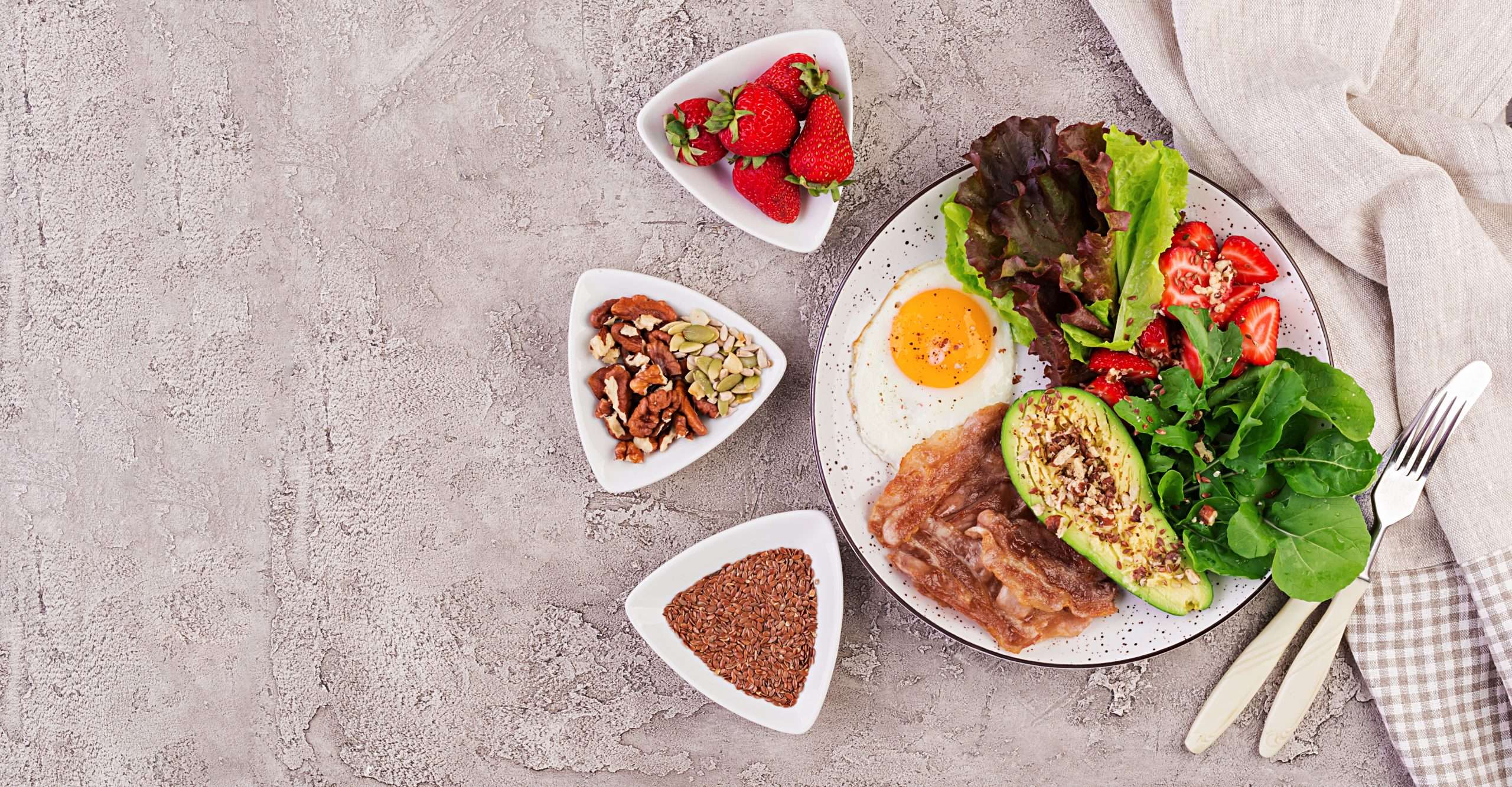

“In my culture, eating a lot of fish and salmon can balance your thyroid function. So, I eat more fish. Additionally, I walk 1 kilometre daily and try to have a minimum of 10,000 steps every day.”

“The work outs I was doing weren’t helping me so I stopped my cardio and started doing yoga. For me, yoga is the second most important thing after nutrition to manage hypothyroidism. It makes me feel lighter. We think hypothyroidism is all about the physical body, but according to me, it all starts in the brain. Yoga helps relieve the mental pressure that accompanies thyroid disorders. ”

“I’ve been dealing with this for 2 years. What has helped me cope is support from family and friends. I wasn’t familiar with my thyroid before I was diagnosed. I knew nothing about it and was totally healthy before then. I was hooked up with a friend who was coping with a similar condition. I asked her a lot of questions. She was my only support as she understood what I was going through. ”

“My sense of humor and support from my family helped me deal with anxiety. Sometimes, it is hard to get through a day but staying positive helps. I never consulted a nutritionist but might do so in the future. I made slight diet changes but gave in to temptations many times.”

“Reading, being informed, learning as much as you can, and having a doctor that you are comfortable with- these are the few things that have helped. With the thyroid, normal is sometimes optimal or above optimal hormone levels, depending on your body or medication. These numbers are important but the number is not the most important. Managing your symptoms is the best way to know your health.”

“Talking to other people about their experiences and getting more information helps in understanding the illness. I indulged in lots of researching. But even now, I’d like to know more about the current research.”

“I have hypothyroidism which involves extreme fatigue, hormonal imbalance, and hair loss. Since my TSH was very high when detected (47) I had to be put on medication. Apart from medication, my regular walks of 5 kilometres everyday and food management seem to have helped me.”

“I visit the doctor regularly and talk to my female colleague who also has hypothyroidism. I do internet research and find information on credible websites. I have so many questions and I always want to know more about other people’s stories.”

"Understanding my body and knowing my body better is always advantageous. Awareness and knowing more has been a great way to cope with the condition. I maintain an excel file and do my own calculations to look for my own micropatterns. Having an app that has all that intelligence so it can do it for me would be so helpful.”

“I had thyroidectomy 3 years ago. What has helped my mental wellbeing is spending a lot of time outdoors, in nature. I also seek second and third opinions across medical professionals to establish common ground.”
Remember that coping with thyroid conditions is unique to each person’s body. Explore your options and see what works best for you!
*Quotes have been altered for grammatical purposes*



